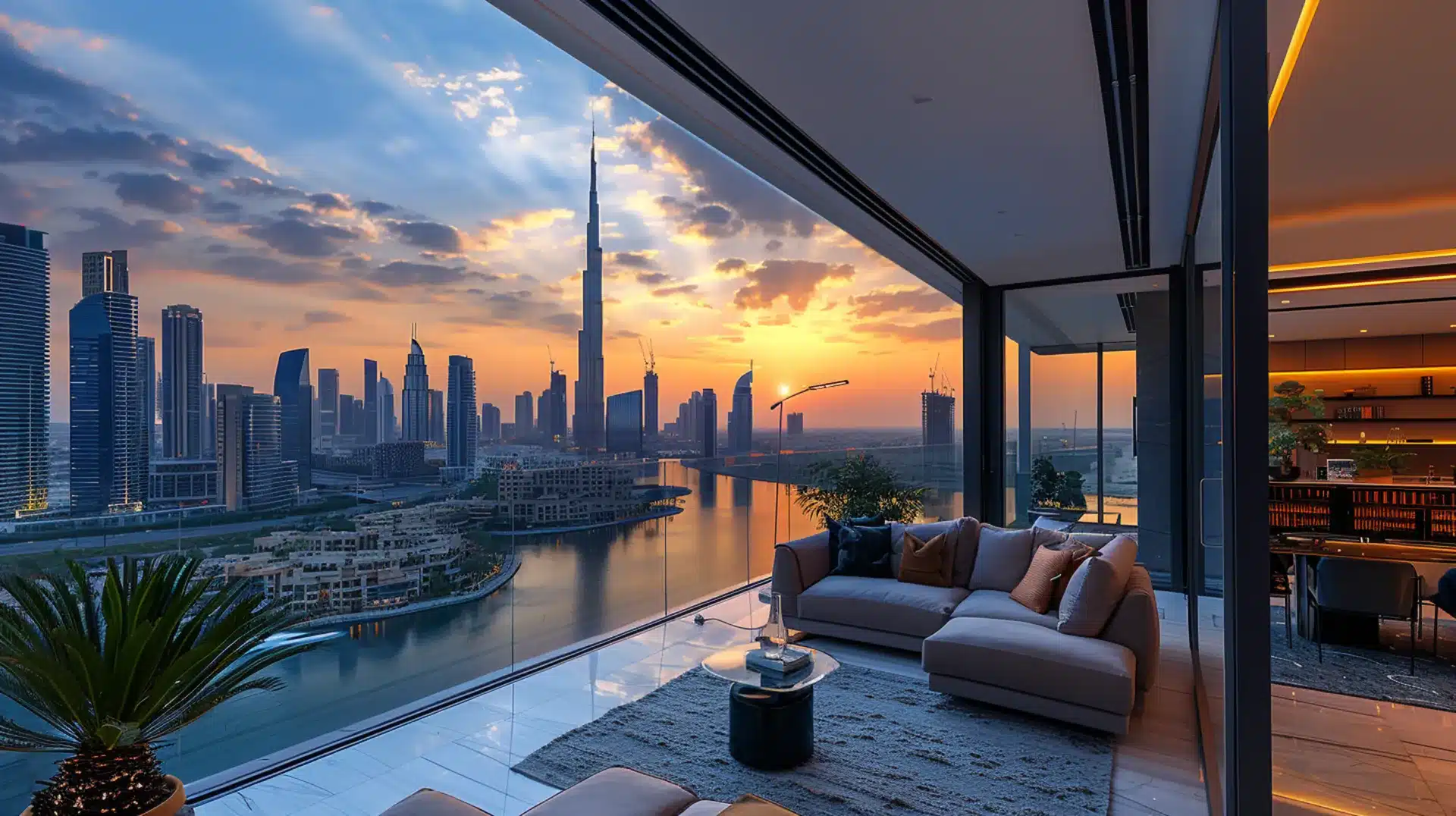Key Takeaways
- The ultra-rich are creating exclusive cities in locations like Miami, Dubai, and Singapore to form parallel societies with fewer regulations and low taxes.
- This trend intensified during the COVID-19 pandemic as wealthy elites moved from major cities to smaller, more appealing locations.
- Free zones in these cities offer tax breaks and reduced regulations, attracting international companies and helping the wealthy avoid financial scrutiny.
- Cities like Malta and Abu Dhabi are trying to replicate this model to become financial hubs but face limitations and criticisms regarding inequality and fairness.
- There are ethical concerns about wealth concentration in these hubs, as it allows the wealthy to live by different rules, impacting societal equity.
In a rapidly changing world, the super-wealthy are continuously finding innovative ways to navigate global economic landscapes. Recent trends show that the ultra-rich are shaping urban development by creating exclusive cities that offer fewer regulations and low taxes. Miami, Dubai, and Singapore have emerged as key locations for these parallel societies. This blog post delves into the reasons behind this phenomenon, explores the implications of these exclusive hubs, and raises ethical questions surrounding these emerging societal landscapes.
The New Urban Paradigm: Understanding Exclusive Cities
What Are Exclusive Cities?
Exclusive cities are urban areas where the ultra-rich form communities that exist with their unique set of socioeconomic rules. These cities provide a haven for wealthy individuals and corporations who seek to minimize regulatory burdens and tax obligations. The trend has been most notable in thriving metropolises like Miami, Dubai, and Singapore, known for their business-friendly environments.
The Role of Free Zones
A pivotal factor in the growth of exclusive cities is the establishment of “free zones.” These special economic areas offer companies and individuals reduced tax rates and minimal regulatory interference. Free zones attract international investments, as they allow businesses and wealthy individuals to shield their assets from heavy financial scrutiny. By fostering an environment of economic freedom, these zones contribute to the allure of cities such as Dubai and Singapore.
The COVID-19 Catalyst
Pandemic-Induced Migration
The COVID-19 pandemic acted as a catalyst, accelerating the migration of the wealthy from densely populated urban centers to these more desirable and less populated exclusive cities. The pandemic emphasized the need for space, safety, and access to luxury services, prompting many affluent individuals to relocate. The appeal of having a tailor-made lifestyle with superior amenities in a pandemic-resilient environment became increasingly attractive.
Global Implications of Wealth Concentration
The Drive for Financial Hubs
Cities like Malta and Abu Dhabi are striving to replicate the success of established hubs like Singapore and Dubai. By offering favorable tax incentives and business infrastructure, these cities aim to become new centers for wealth accumulation. However, not every city can effectively pull this off, and the competition to attract the ultra-rich is fierce.
Ethical Concerns and Societal Impact
The concentration of wealth in these exclusive urban areas raises significant ethical concerns. As these cities become more isolated economies for the rich, a gap between the wealthy and the rest of the society widens, fostering inequality. The creation of these parallel societies can result in the reduced availability of public funds for essential services in traditional urban settings, exacerbating existing inequalities.
Rethinking Urban Development
The emergence of exclusive cities poses both opportunities and challenges. While these hubs may drive economic growth and innovation, they also risk increasing social inequality. Policymakers and urban developers must consider how to balance these dual pressures to ensure sustainable city growth that benefits broader populations.




